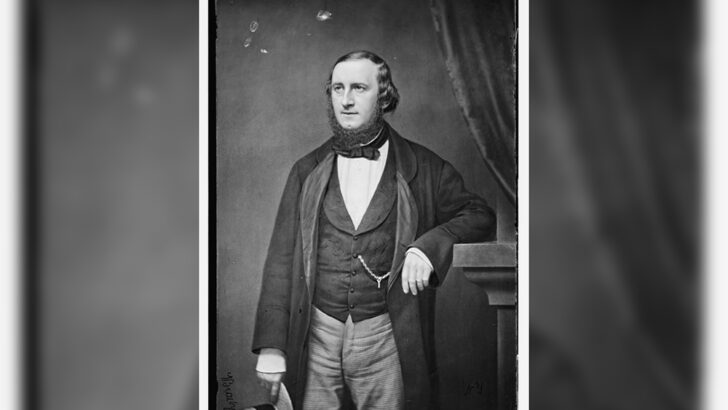As promised last time round here is a little more about Waterford-born composer William Vincent Wallace (1812-1865). Now, it must be remembered Wallace revelled in story telling with one commentator claiming he was ‘charming but unprincipled, and his habitual untruthfulness makes it hard to determine real facts about him’.
Wallace definitely was in Mexico City in 1841, where he quickly composed a setting of the Mass, which was performed on several occasions at the Cathedral. He was also engaged as director at the Italian Theatre in the Mexican capital before proceeding to New Orleans to become conductor at the French Theater and where he composed his ‘Grand Fantasie and Variations – La Cracovienne’ for piano and orchestra, ‘a virtuoso work in the grand style’, giving its première in December 1842.
The following year found Wallace in Philadelphia and Boston before he made his New York debut at the Apollo Rooms on June 6, 1843 featuring La Cracovienne in his programme. A contemporary report described him as ‘elegant, recherché and svelte with beautiful manners’.
Back to Europe in 1844, Wallace made his English debut as a pianist at the Hanover Square Concert Rooms on May 8, 1845. Through a fortunate contact with an old Dublin friend, Hayward St Leger, Wallace was introduced to the dramatist Edward Fitzball. The meeting proved extremely fruitful with Fitzball providing the libretto for Wallace’s most successful opera – Martha – premièred at the Theatre Royal, Drury Lane on November 15, 1845. Julius Benedict, composer of the equally popular The Lily of Killarney, conducted.
In the meantime Wallace had returned to New York where he took out American citizenship. He fell in love with and married the German-born pianist Hélène Stöpel in 1850 having fortified himself with a lawyer’s opinion that his marriage to Isabella Kelly was, ab initio, illegal as, at the time, he was under twenty and had been ‘bred up a protestant’.
Wallace’s ‘grand romantic opera’ Lurline, based on the German legend of the Lorelei had its first performance at Covent Garden by the Pyne and Harrison English Opera Company on February 23, 1860. Soprano Louisa Pyne sang the title role but despite the opera’s success Wallace made nothing from it having sold the English performing rights to the Pyne/Harrison Company for ten shillings which he then handed to the impoverished widow of a Covent Garden Theatre carpenter. It is estimated that the Pyne/Harrison Company made at least £50,000 from Lurline’s various productions.
The Amber Witch, that Wallace considered his best opera, followed in 1861. Charles Hallé founder of Manchester’s Hallé Orchestra in 1858, conducted the première at Her Majesty’s Theatre, London on February 28, 1861.
Wallace’s health and eyesight deteriorated rapidly in 1865 and the family travelled to the Pyrenees, where they lodged at the Château de Bagen, owned by Hélène Stöpel Wallace’s sister and her husband, the Marquise de Sainte-Geme, in the Haute Garonne region. William Vincent Wallace died there on October 12, 1865. He is buried in London’s Kensal Green Cemetery quite close to another Irish-born composer Michael William Balfe (1808-1870).


 Waterford-born composer William Vincent Wallace (1812-1865)
Waterford-born composer William Vincent Wallace (1812-1865) 